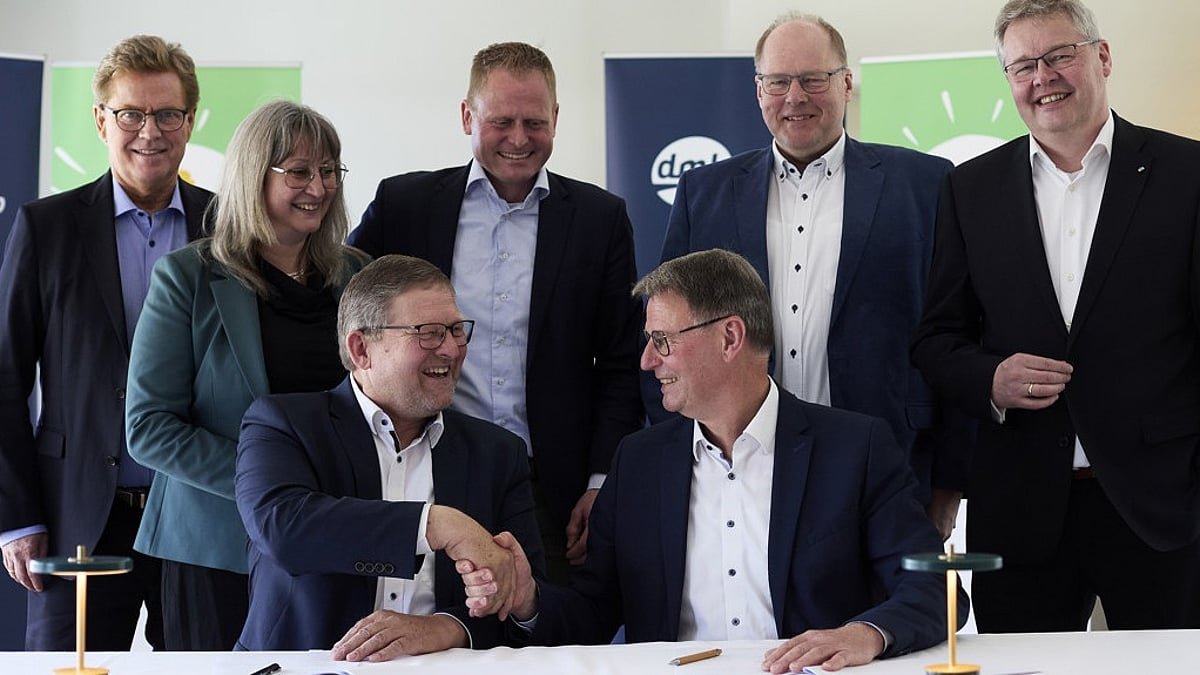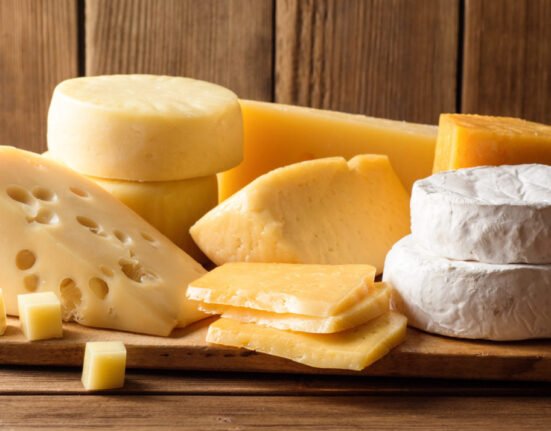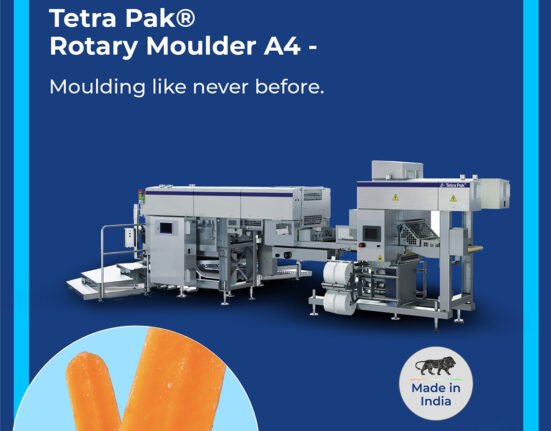As shared in our previous report a landmark move set to reshape the European dairy industry, Arla Foods and Germany’s DMK Group have unveiled plans to merge, creating the continent’s largest farmer-owned dairy cooperative. The proposed union—pending regulatory and member approval—will combine 12,200 farmer-owners and generate an estimated €19 billion in annual revenue.
A Pan-European Dairy Powerhouse Emerges
The merger will unite two of Europe’s most prominent dairy cooperatives: Denmark-Sweden-based Arla Foods and Germany’s DMK Group. Together, they aim to pool approximately 19 billion kilograms of milk annually, operating through over 80 processing facilities and employing nearly 29,000 people.
üîç Key Combined Figures
| Metric | Arla | DMK | Combined |
|---|---|---|---|
| Revenue (2024) | €13.8B | €5.1B | €19.0B |
| Milk Intake | 13.7B kg | 5.3B kg | 19.0B kg |
| Farmer-Owners | ~7,600 | ~4,600 | ~12,200 |
| Employees (FTE) | ~21,900 | ~6,800 | ~28,700 |
| EBIT Margin (3-yr avg) | ~3.6% | ~1.1% | ~2.6% |
| Net Sales Growth (3 yr) | ~+9% CAGR | ~0% CAGR | Mixed |
| Milk Price Payout (2024 avg) | €0.509/kg | €0.473/kg | – |
The merger is not just a numbers play. It reflects a strategic pivot toward greater global competitiveness and milk supply security in an era of fluctuating dairy markets and tightening production across Europe.
Strategic Rationale: Bigger, Broader, Bolder
At its core, this deal is about scale and stability. As European milk pools contract and input costs remain volatile, the combined co-op will wield increased bargaining power, better spread fixed costs, and shore up access to a sustainable milk supply.
But this isn’t Arla’s first interaction with DMK. The two have a successful history of collaboration through joint ventures like ArNoCo (whey processing) and mozzarella production in Nordhackstedt—partnerships that have laid the groundwork for full integration.
By combining their strengths, Arla and DMK aim to build a dairy group that is not only larger but also more resilient and better diversified across geographies and product lines.
A Complementary Brand and Product Portfolio
The new entity will offer a sweeping range of consumer and B2B dairy products:
-
Arla’s global brands: Arla®, Lurpak®, Castello®, Puck®, and Starbucks® RTDs
-
DMK’s regional leaders: MILRAM, Oldenburger, Uniekaas, Humana, Alete
From organic milk and specialty cheeses to baby food, ice cream, and even plant-based products, the combined portfolio deepens market access and extends reach across Europe, Asia, the Middle East, and North America.
Still Cooperatives at Heart
Both Arla and DMK are farmer-owned, and that DNA will remain central to the merged structure. Arla’s cooperative spans seven countries, while DMK brings deep roots in Germany and the Netherlands. Together, they reinforce the role of farmers in steering the industry’s future at scale.
Challenges Ahead: Integration, Margins, and the Value Equation
Despite the strategic appeal, the merger will not magically solve dairy’s enduring profitability challenge. EBIT margins have historically hovered around 3.6% for Arla and just 1.1% for DMK, with commodity-heavy product portfolios and high farmgate milk prices limiting financial flexibility.
Moreover, integration is no small feat. Aligning farmer payment systems, optimizing plant networks, and blending corporate cultures across borders will demand meticulous planning and time—perhaps just as external competitors push harder into value-added dairy and alternative proteins.
There’s a risk that, in focusing inward, Arla-DMK could miss fast-moving market shifts or open the door for rivals to lure away farmers or customers.
The Real Prize: Moving Up the Value Chain
To unlock the full potential of this mega-merger, Arla-DMK must do more than consolidate—it must innovate.
That means doubling down on high-margin products such as advanced ingredients, nutritional solutions, and branded exports, while investing in sustainability and supply chain efficiencies that justify premium European milk pricing.
Both co-ops have laid the foundation—Arla through its high-performing branded business and ingredients arm, DMK through niche areas like infant nutrition and pharma lactose. The challenge now is to scale those strengths.
Final Word: A Defining Moment for European Dairy
The Arla-DMK merger signals a bold recalibration of Europe’s dairy landscape. It offers a template for others contemplating consolidation—not just for growth, but for survival and future relevance.
If executed well, this union could herald a new era of cooperative power, blending scale with value creation. If mismanaged, it risks becoming just a larger player in an old game—still facing tight margins, commodity pressures, and wavering farmer loyalty.
The stakes are high, but so is the opportunity.







